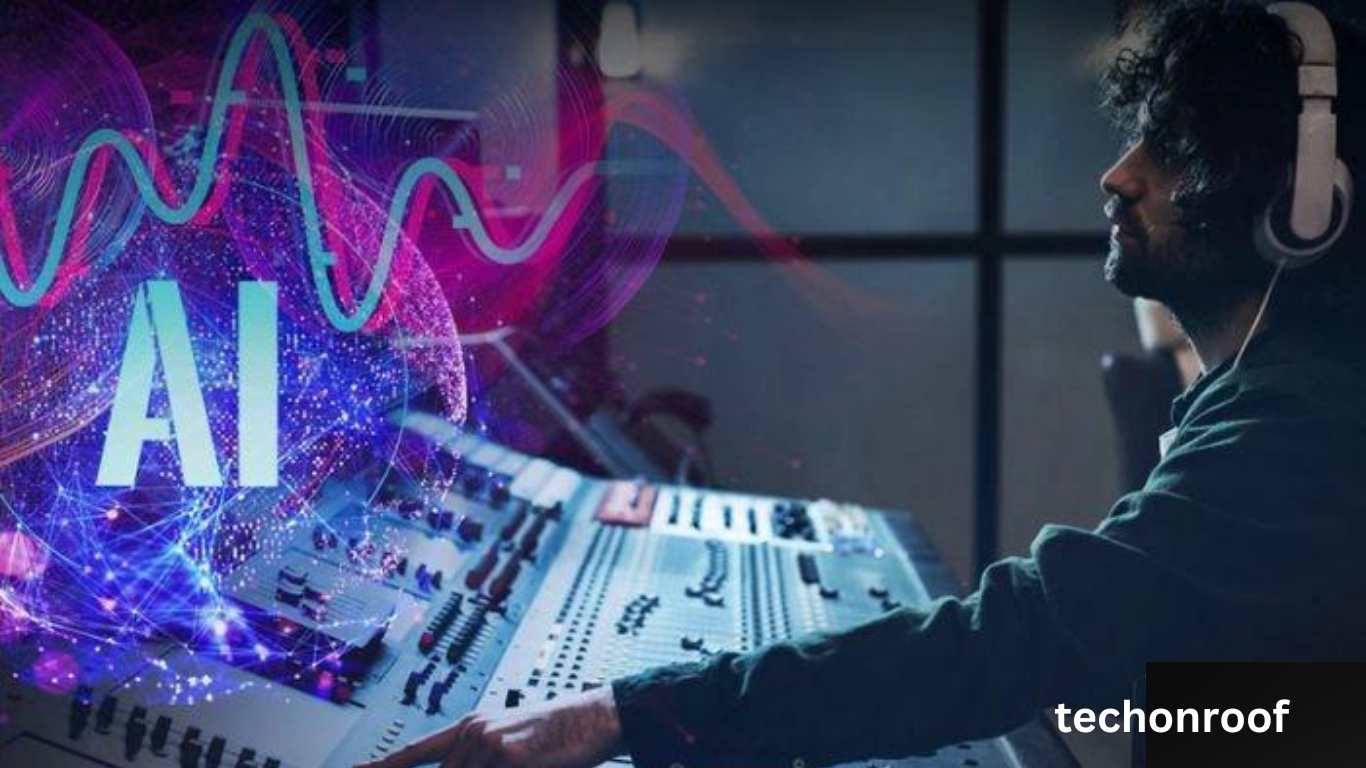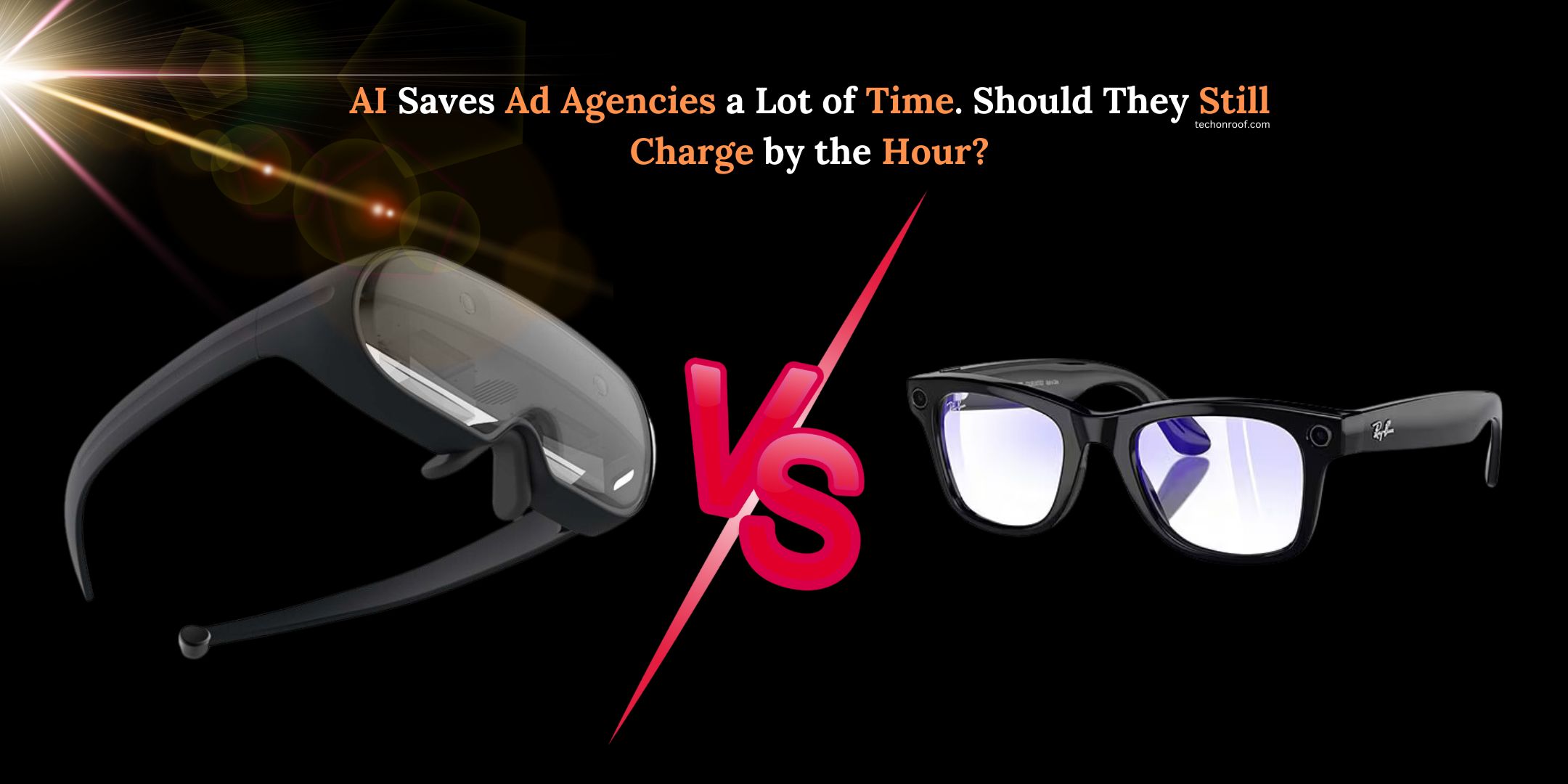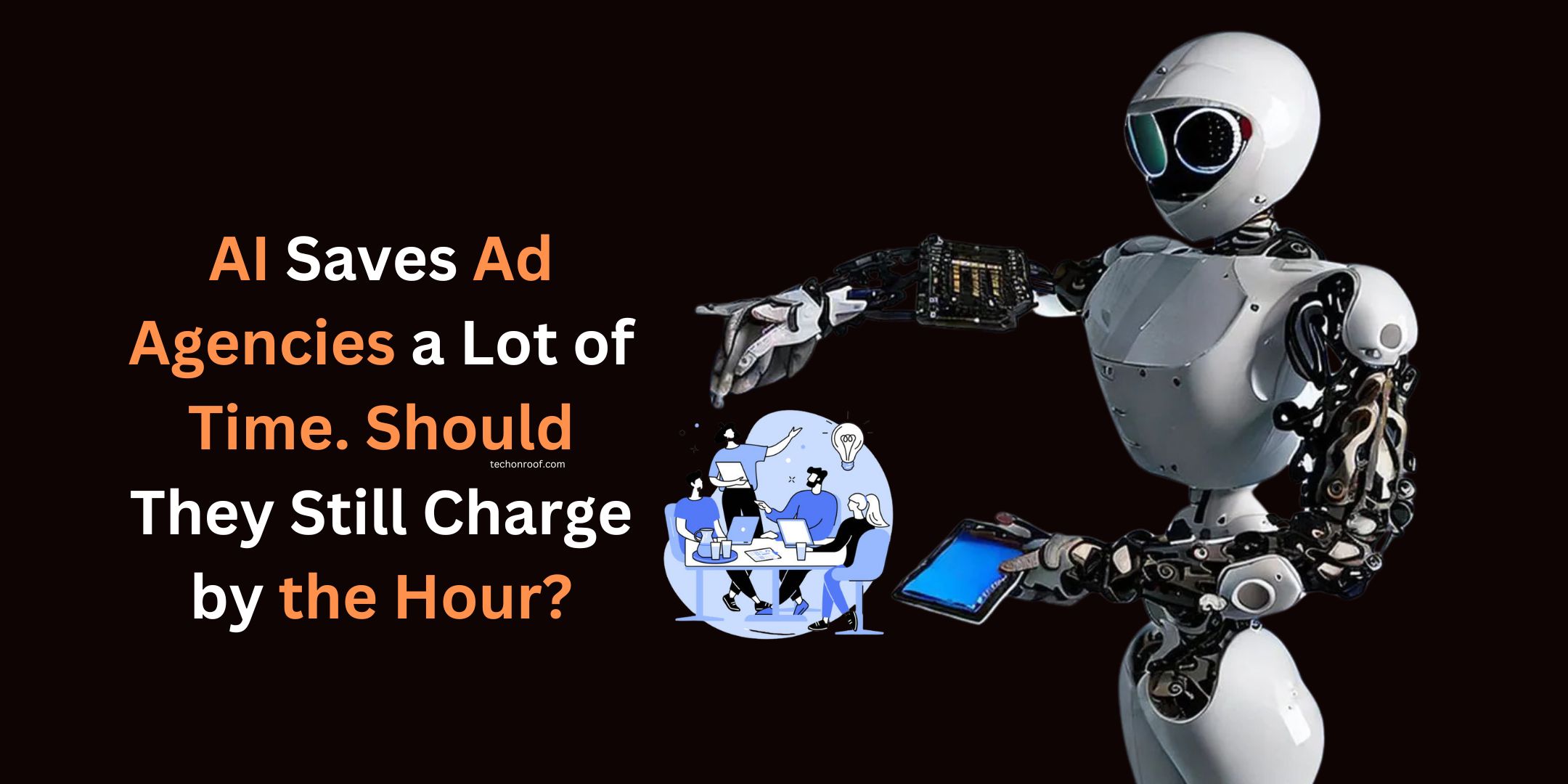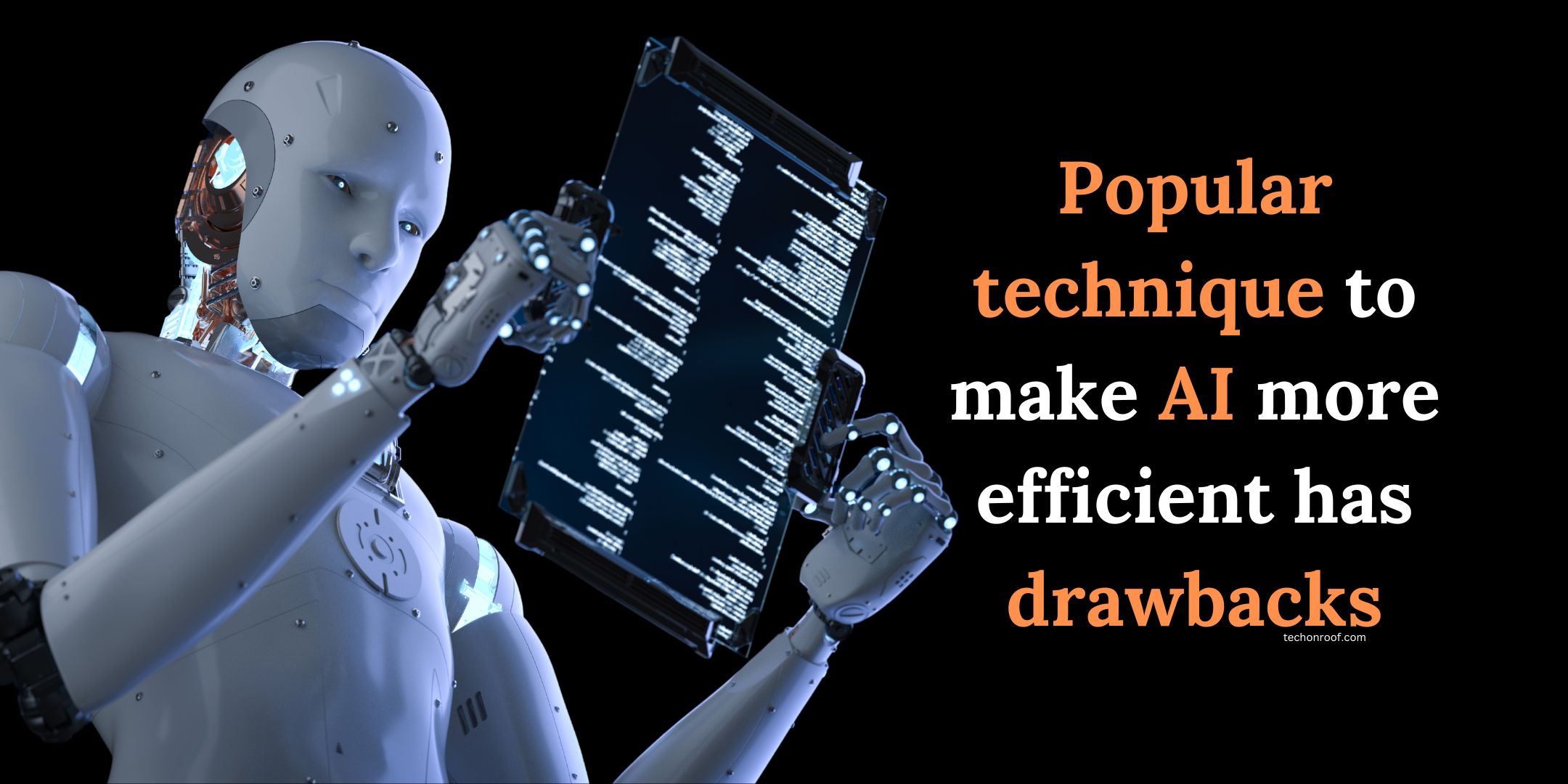Kudos to Plaud for one thing: in a year full of high-profile failures and disappointing AI gadgets, Plaud made a device that works as promised. That device is called the NotePin, a $169 pill-shaped voice recorder. It can transcribe, summarize, and pull key information from your audio recordings. This is one area where AI Voice recorder technology is mature and performs well from small microphones to speech-to-text transcription and AI summarization. The NotePin does these things effectively.
However, the very reason the NotePin works well is also why I wouldn’t recommend buying one. AI voice recorder is becoming more common and is being built into many other devices at a rapid pace. For instance, with iOS 18 or macOS Sequoia, you get transcription and summarization directly in the Voice Memos app. Google’s Pixel Recorder app is also excellent and comes pre-installed on Pixel phones and Pixel Watch. You can also find similar features in many apps. So, do you really need a separate AI voice recorder?
This question applies to AI assistants in general: Are they a feature that should come with your existing devices, or are they worth buying as stand-alone gadgets? Plaud’s argument for the NotePin, like other AI startups, is that ease of use is key. The NotePin comes with accessories that make it more appealing a braided lanyard to wear it around your neck, a wristband to wear it like a Fitbit, and a clip to attach it almost anywhere.
During my time testing the NotePin, I mostly wore it around my neck. I used it for recording reminders while driving, capturing long thoughts while walking the dog, and summarizing conversations. It’s convenient to just reach down, press the device until it vibrates to signal recording, and talk into it like a personal assistant.
Once, while enjoying a podcast, I played it out loud so the NotePin could transcribe and summarize the entire thing. It’s easier to access than pulling my phone out of my pocket, and simpler than talking into my smartwatch for several minutes. The form factor really makes a difference.
The NotePin’s microphone is decent. The audio it records isn’t crystal clear, but it’s good enough for accurate transcription in all the situations I tested. Plaud says the battery lasts around 18 hours of recording or 30 days on standby. In my testing, after recording for about four hours over ten days, the battery finally hit “Low.” It charges on a small pad that I’ll probably lose soon, and I wish it had a simple USB-C charging port instead. But overall, the NotePin works it does what it promises.
The main problem with the NotePin, like other AI gadgets, is what happens after recording. Once you’ve made some recordings, you transfer them to the Plaud app, which is quick and easy. But then you have to manually tell the app to transcribe each recording, choose a template for how it summarizes the audio, and then wait a few minutes for the result.
You get 300 minutes of transcription for free each month with basic templates, or you can pay $80 per year for 1,200 minutes and more advanced features. However, this feels like too much effort. If I have to pull out my phone twice anyway, how much time am I really saving?
The transcriptions are accurate, and the summaries are helpful. I haven’t noticed any big mistakes or weird AI-generated errors. But after transcription, the recordings just sit in the app in reverse-chronological order.
For example, when I recorded a reminder to buy retinol, the app didn’t actually remind me, it just titled the note “Reminder to buy retinol.” When I spoke a grocery list into the NotePin, it correctly transcribed everything but gave the note a generic title: “Grocery List with Various Food Items and Household Essentials.”
It’s not the NotePin’s fault that it can’t do more with my recordings, and it’s not entirely Plaud’s fault either. The real problem is that I want the device to do more, like automatically adding my grocery list to the one already on my phone or integrating my reminders into my to-do list. At the very least, the app should be able to merge notes, like combining my new grocery list with an old one, but it can’t even do that. In the end, the Plaud app feels like just another inbox I have to manage.
This is where phones and smartwatches might be too powerful to compete with in the AI assistant space. Sure, they might be a bit less convenient you have to take your phone out of your pocket instead of reaching for the device on your chest but they are much more integrated with your digital life. Building your workflow around a separate transcription app doesn’t make sense.
In the future, this might change. Apple and Google might open up their systems to let AI assistants connect with other apps on your phone, or AI might get smart enough to do this on its own. But for now, devices like the NotePin, and others from startups like Plaud, can’t do enough. AI voice recorder are a great idea, but they’re not quite a new category of gadget yet.





